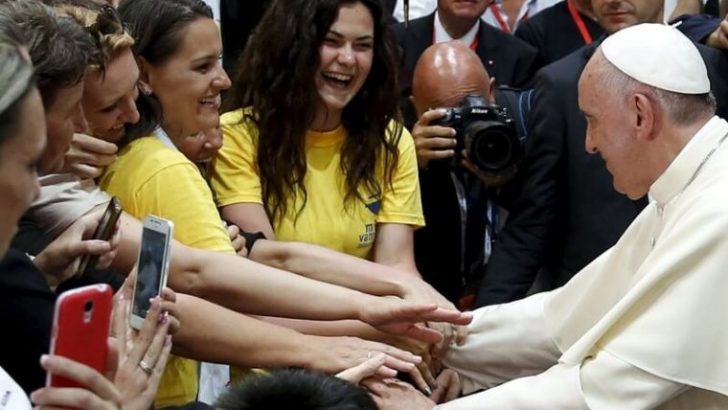Michael W. Higgins
One could be forgiven for thinking that it has never been as bad as this—Church authority assailed from within and from without, the episcopate in so many jurisdictions discredited, the papacy under siege from schismatic factions, the non-Catholic world appalled by a level of corruption the magnitude of which seems incomprehensible, and of course, the Catholic laity dispirited and demoralised to an unprecedented degree.
For sure, there have been scandals before – their number legion, in fact – and the wounds inflicted on the Church have been many, but never have there been so many self-inflicted.
American Catholicism will be reeling from the Ted McCarrick Affair and the Grand Jury Report from Pennsylvania for generations and not because the laity are easily scandalised—they have been living with daily scandals for years now—but because they thought, naively, that it was stanched.
But the haemorrhaging of revelation after revelation of sexual abuse has become a sickening cascade without seeming end. It is the betrayal of trust, the lack of firm leadership, the spinelessness that produced inaction rather than reforming zeal that has come to define American lay response to the latest iteration of scandals.
Tepid support
Add to this the failure of many of the US bishops to rigorously defend Pope Francis against his detractors, to hedge their bets on the future and durability of this troublesome, to them, pontificate. At best, he receives tepid support from them when, like his immediate predecessors, he should be able to count on their fervent loyalty.
A Church riven in a country riven; a Church suffering from intense polarisation in a country burdened with the weight of a visceral partisanship. It all makes for a very unhealthy environment – temporal and spiritual.
But just as many young people in the political arena, who have grown tired of the status quo and are energised to do things differently in the face of a lethargic officialdom, are beginning to shape things differently on the ground, so too many young Catholics are motivated to ‘save’ their Church.
At a recent colloquium held at Sacred Heart University designed to engage a panel of experts around the current ecclesial malaise, students milling around the dais before the arrival of the panelists overheard a professor muse aloud whether the students would actually be interested in a “conversation” around the current crisis.
She was astounded to hear one of them approach her and respectfully declare that indeed they were aroused to hear what can be done to heal their Church. A teaching moment for the teacher and indeed for us all.
Calls for reform, however, have been made before when a cynical hierarchy simply decided to wait it out, to let the outrage spend itself, before all reverted back to normal.
But that is not going to happen this time. Righteous fury over the scandals must translate into meaningful reform, efforts to tinker with structural change must give way to radical change, simple denunciations of the curse of clericalism, a mantra trotted out by all sides on the Catholic spectrum of opinion, must result in a strategy of enlightened insight.
For instance, the formation of priests is lamentably unsuited to modernity; the candidates for priestly ministry shaped in a hothouse of archaic sensibility and arrested emotional growth; healthy social intercourse hampered by a quasi-cloistered way of living; a culture of exceptionalism encouraged in a rarefied environment of pathetic irrelevancy; exaggerated notions of vocational uniqueness with bizarre talk of ontological differentiation, fatherly emanations and a distorted sacramentalism ensuring that the priest-in-formation understands his sacred identity.
The presbyterate, the priesthood, a precious gift of the Church, must no longer be held hostage to clericalism. There are ways to train priests, ways to enhance ministry, to render credible again the witness and indispensable contribution of the ministerial priesthood. A fearful attachment to the old conventions, the tired beliefs that often sustain us – these have not served us well in our contemporary upheaval.
New visioning is called for; time to translate the rhetoric of reform into a pastoral dream rooted in the Second Vatican Council; time to face the rapid and painful dissolution of the old structures with a robust imagination and Faith.
The American Catholic Church may well be in massive meltdown, but it can generate new hope, marshal its energies to scour the vessel that is the Church, rid the community of believers of the scourge of clerical deceit and privilege.
It is a kairos moment.
Michael W. Higgins is co-author with Peter Kavanagh of the award-winning Suffer the Children unto Me: A Critical Inquiry into the Clerical Sex Abuse Scandal and Distinguished Professor of Catholic Thought at Sacred Heart University in Fairfield, Connecticut, USA.



